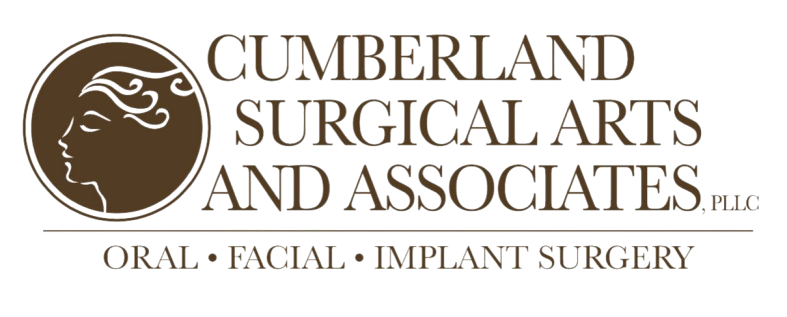Dentures and dental bridges were once the only real solutions to tooth loss and have served generations of dental patients well. However, they have always had their limitations in terms of oral health, function, appearance and longevity. Today, there are alternatives to dentures in Clarksville, TN, that offer much better results than these traditional forms of dental restoration. Here, we’ll go over the best alternatives to dentures and dental bridges, as well as the advantages of these newer forms of treatment for tooth loss.
Dentures And Dental Bridges: About Those Limitations
Longevity is one of those limitations, since both of these common dental restorations must be replaced periodically. Bridges last about 7 years on average, while dentures must be relined or replaced about every 5 years. Another key limitation of dentures and bridges is that they replace only the crown of the tooth, leaving the jawbone without a tooth root to stimulate it, which leads to bone atrophy, or shrinkage, over time. These dental appliances also have limitations in terms of oral function, causing a decline in biting and chewing efficiency as compared to natural teeth. Even the best quality dentures and bridges cannot quite match natural teeth in terms of comfort and appearance. Lastly, dental bridges rely upon remaining natural teeth for support and retention, which can damage those teeth, leading to further dental problems and tooth loss.
Alternatives to Traditional Dental Bridges
Dental bridges are generally used to replace a single lost tooth or several. Unfortunately, fitting them requires the use of adjacent natural teeth to support the bridge, and those teeth must be resized and crowned. Implant-based restorations solve this problem by surgically placing artificial tooth roots in the jaw – dental implants – to support individual replacement teeth or an implant-supported bridge, making those new teeth self-supporting. Besides the advantage of doing no harm to neighboring natural teeth, the use of implant-based restoration offers protection against bone atrophy, since the implants stimulate the jaw in much the same way as natural tooth roots, and offers a restoration that looks, feels, and functions like natural teeth. Lastly, dental implants offer much greater longevity than traditional bridges, with the average dental implant lasting 25 years.
Alternatives To Dentures
Dental implants also provide the best alternatives to conventional, removable dentures available today. Implant-supported dentures offer the same advantages listed above in terms of protection against bone atrophy, improved oral function, and increased longevity as compared to conventional dentures. Implant-supported dentures will not lose their fit every few years – a problem that is related to bone atrophy – and will not need to be relined or replaced like conventional dentures. They will not slip out of place or make embarrassing clicking noises during meals, conversation, or laughter – a common problem with conventional dentures. Since they are anchored securely to the jawbone like natural teeth – typically using anywhere from 4 to 8 implants – they function like them too, freeing patients from the dietary limitations common to conventional denture wearers. Implant-supported dentures also look and feel like natural teeth, offering greater comfort and better aesthetic outcomes than can be achieved with conventional dentures.
So there you have it, the rundown on the best alternatives to dentures and dental bridges. Dental implants, whether used to anchor a single replacement tooth, an implant-supported bridge or permanent dentures, offer a more permanent solution to tooth loss than those other options can, and a better one in terms of oral health and function, as well as comfort and appearance.
Download our free ebook, Top 3 Best Ways to Replace Missing Teeth.
